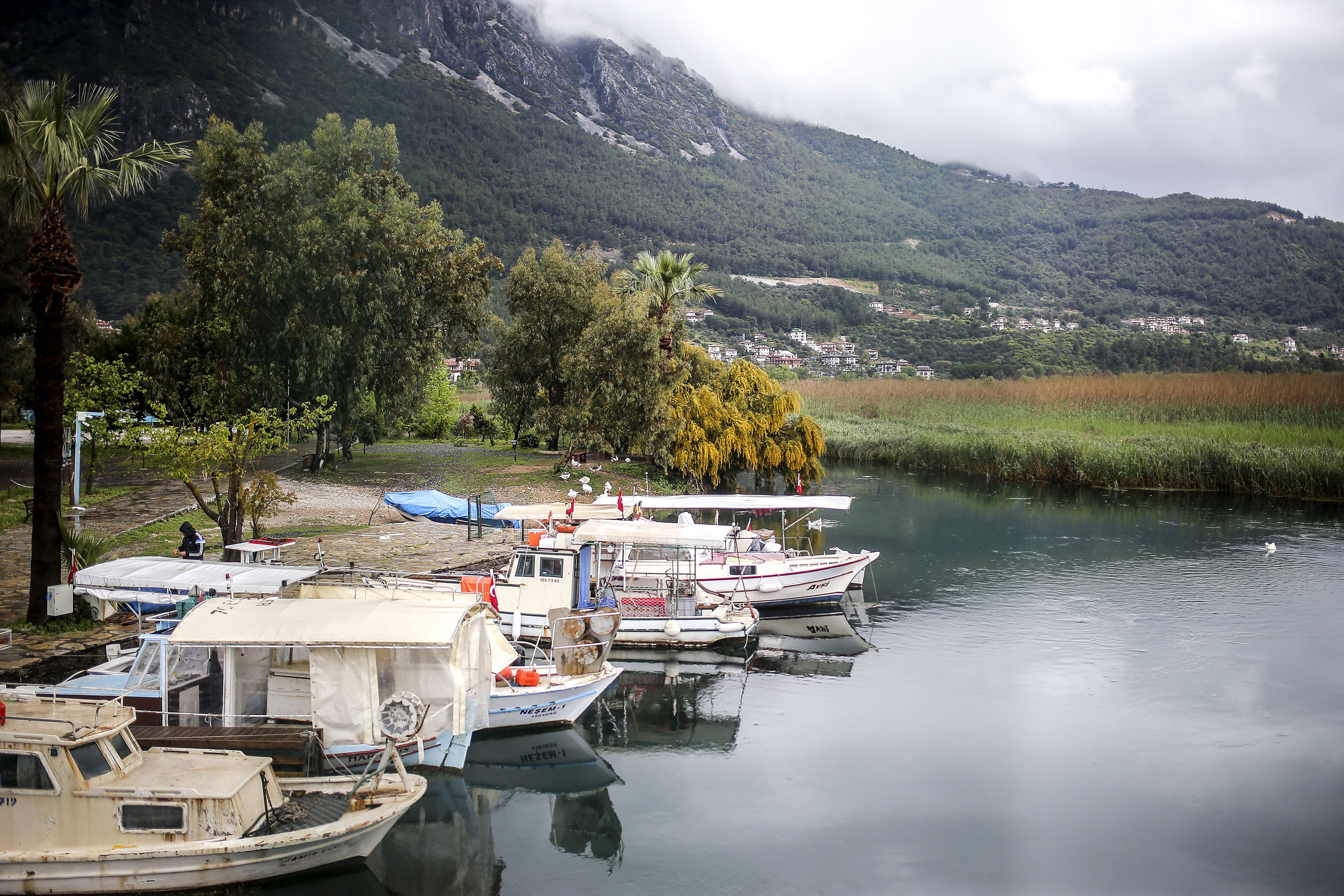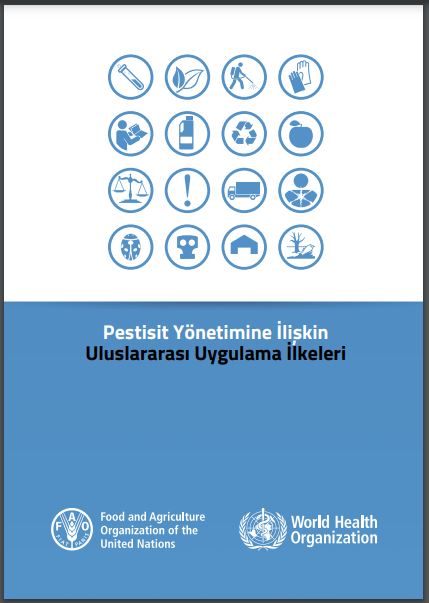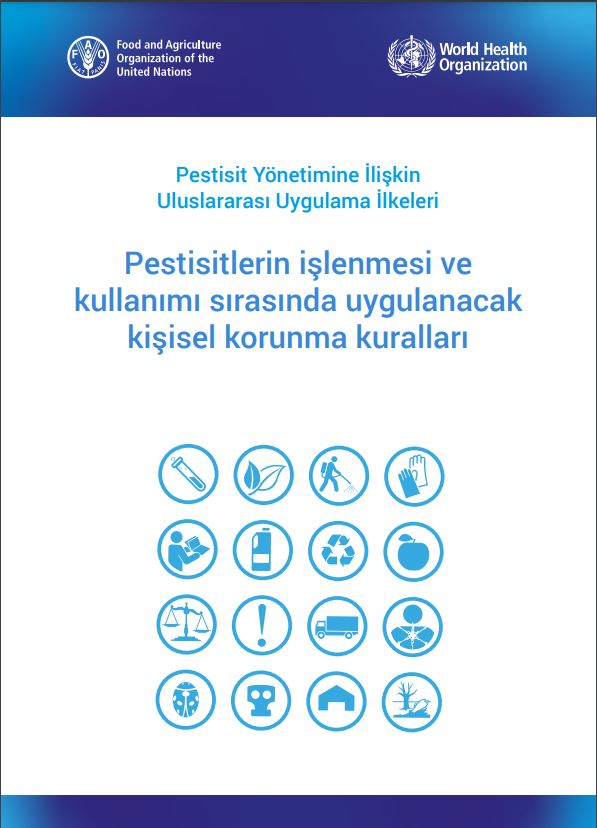Situation in Türkiye

With the capacity building support provided by the GEF to the Ministry of Environment and Urbanization between 2004-2008, a national POP chemicals inventory and overview on their use, export, import, production, distribution and source was prepared and submitted as part of the National Implementation Plan (NIP) to the Stockholm Convention Secretariat. The NIP also includes sections regarding contaminated areas, current stocks, disposal options, legal regulations, monitoring, research and development capacity, creation and use of a monitoring system.
In order to fulfill the obligation of reviewing and updating this first NIP, now including 10 POPs newly added in 2009 and 2010, the “Updating and Reviewing the NIP Project” was completed in 2014 with additional support by the GEF. The 2nd NIP, which was prepared at the end of the project, was revised by the Ministry of Environment and Urbanization during the "Technical Assistance Project for the Implementation of the POPs Regulation" financed under an EU project to include the chemicals included in the POPs Protocol as well as the chemicals that were newly added to the Convention. With additional assistance by the GEF, Türkiye has developed its own POPs waste disposal programme, which has disposed of most of the stock today. Türkiye has a series of disposal facilities able to treat various types of agricultural wastes including one facility permitted for POPs disposal. Regarding POPs management, the competent authority is the Ministry of Environment and Forestry yet the Ministry of Agriculture and Forestry shall collaborate on POPs pesticides when necessary.
Annually, empty pesticides containers with an approximate plastic weight of 3 000 metric tonnes are generated. However, there is no national CMS established yet, though some regional initiatives exist. Pesticide container waste management requires the involvement of several different authorities – in Türkiye these are the Ministry of Agriculture and Forestry, the Ministry of the Environment and Urbanization, and local governments and municipalities. A nation-wide collection system still needs to be established. After collection, only thermal disposal is currently possible, as pesticide containers, irrespective of whether they are rinsed or not, are currently classified as hazardous waste. Crop protection products that are manufactured or imported to the market can be traced by a software called "Plant Protection Products Tracking Program" that works using QR codes.
No baseline data is available on locations and volumes of contaminated soil in Türkiye. National inventory of pesticide contaminated sites is needed for planning ensuing risk management work including resources involved. Assessment of available treatment options for soil contaminated at various levels with obsolete pesticides is also needed.
Ongoing activities in Türkiye
Component 1
- Implement a pilot CMS
- Collection of information on destroyed stores in the earthquake in February 2023 for safeguarding and/or disposing of these stores
- Develop concept for disposal of legacy and confiscated pesticides
Component 2
- Improve spraying practices (capacity building for farmers and extension services, mobile inspection units)
Component 3
- Continue IPM field trials
- Investigate marketing opportunities for IPM products
Key results so far in Türkiye
Inventory of obsolete pesticides done (15 stores)
Baseline on current system of empty container management established
Fifty collection containers for empty pesticides packaging being procured for a pilot town
HHP baseline assessment done
IPM in apple for codling moth control (3 seasons completed), pesticide use could be reduced by 70 %
IPM in apple against apple scab (1 season completed)
Related links
Key guidelines in Turkish


